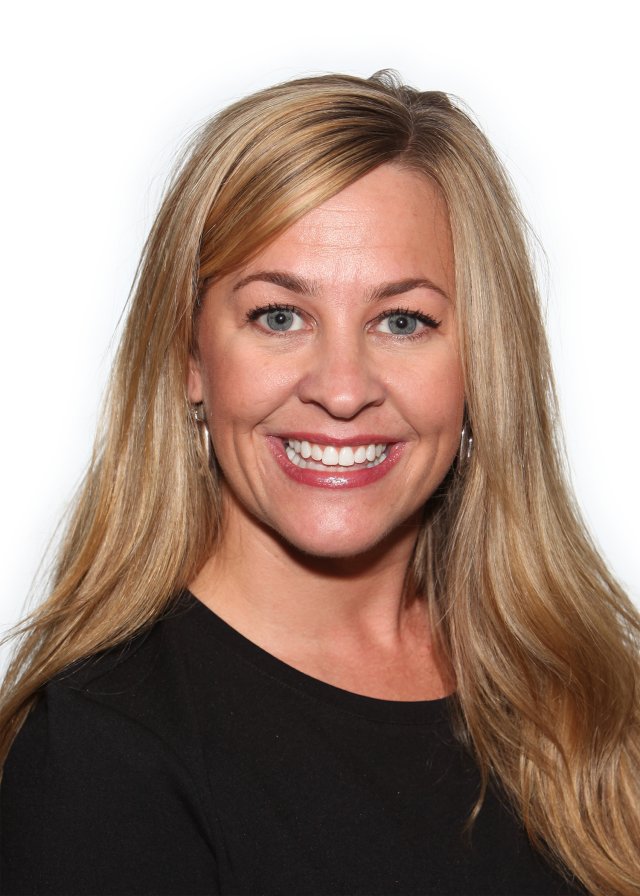Meet EPA Biologist Shannon Griffin, MS

Shannon Griffin, winner of the 2023 Arthur S. Flemming Award, has developed novel methods which utilize salivary antibody responses as non-invasive indicators of infection from environmental pathogens.
What research are you working on right now?
The focus of our current research is on the development of quantitative approaches to evaluate community health. We have worked extensively on the development and application of innovative methods which utilize salivary antibody responses as non-invasive indicators of infection from environmental pathogens, including noroviruses, Cryptosporidium, Helicobacter pylori, Toxoplasma gondii, hepatitis A virus, Campylobacter jejuni, SARS-CoV-2, and others.
In addition, my research has included developing and validating molecular-based techniques to measure occurrence of microbial contaminants in various environments. I also developed Health Impact Assessments to inform community decision-making while promoting community outreach and engagement. More recently, I have been collaborating with colleagues in the Office of Science Advisor, Policy, and Engagement (OSAPE) to grow and further enhance ORD's translational science and solutions-driven research efforts to ensure that our work meets the needs of the communities we serve.
Tell us about your background.
I have BS and MS degrees in biological sciences from the University of Cincinnati and am currently pursuing a PhD in Epidemiology at the University of Cincinnati College of Medicine.
When did you first know you wanted to be a scientist?
I was a very curious kid that spent A LOT of time observing the world around me—turning over rocks, digging in the yard, and checking out every plant and critter I came across (note: NO animals were harmed in my exploration!). My curiosity and love of observation were reinforced by an amazing biology teacher in 9th grade—his enthusiasm and passion for science were infectious! I think that was the tipping point for me and my career path.
What do you like most about your research?
I feel so fortunate to serve public interest and I take my public servant role very seriously. My research allows me to combine two of my greatest passions—science and people. On the technical side, I love working through the challenges and excitement of benchwork—designing and executing experiments, creative and critical thinking, finding inventive solutions, etc. And on the side of people, it brings me joy to know that I’ve contributed to the important work we do at EPA and that I get to have an impact on improving public health.
How does your science matter?
Our work supports the critically important mission of EPA: to protect human health and the environment. We’ve developed novel tools which can help identify those microbial contaminants in the environment that have the greatest impacts on human health. By integrating these tools into our public health and surveillance programs, we provide data critical to identifying, managing, and mitigating risks associated with environmental exposures. Furthermore, our work in Health Impact Assessment supports advocacy of community engagement, health protection, and health promotion. It serves as a model approach to decision-making that all communities can use to address environmental and public health concerns in a collaborative and innovative way.
If you weren’t a scientist, what would you be doing?
I’d probably be working for the family biz! My family owned a small hardware store for 50 years and I LOVED working there. It was wonderful to chat with customers and help folks with their DIY projects.
What advice would you give a student interested in a career in science?
Stay curious and learn what you’re most passionate about but be patient and kind to yourself as you navigate the way. Science can be hard and often our work doesn’t go as we plan—experiments fail, the natural world surprises us, priorities change, etc. Learn to view these as opportunities and take some time to get a good laugh at the mishaps. And be collaborative! Some of the best advances are made when we work together to spark each other’s creativity!
If you can have any superpower, what would you choose?
The power to heal! There are a lot of physical and emotional wounds out there that I wish I could help to heal.
Editor's Note: The opinions expressed herein are those of the researcher alone. EPA does not endorse the opinions or positions expressed.
